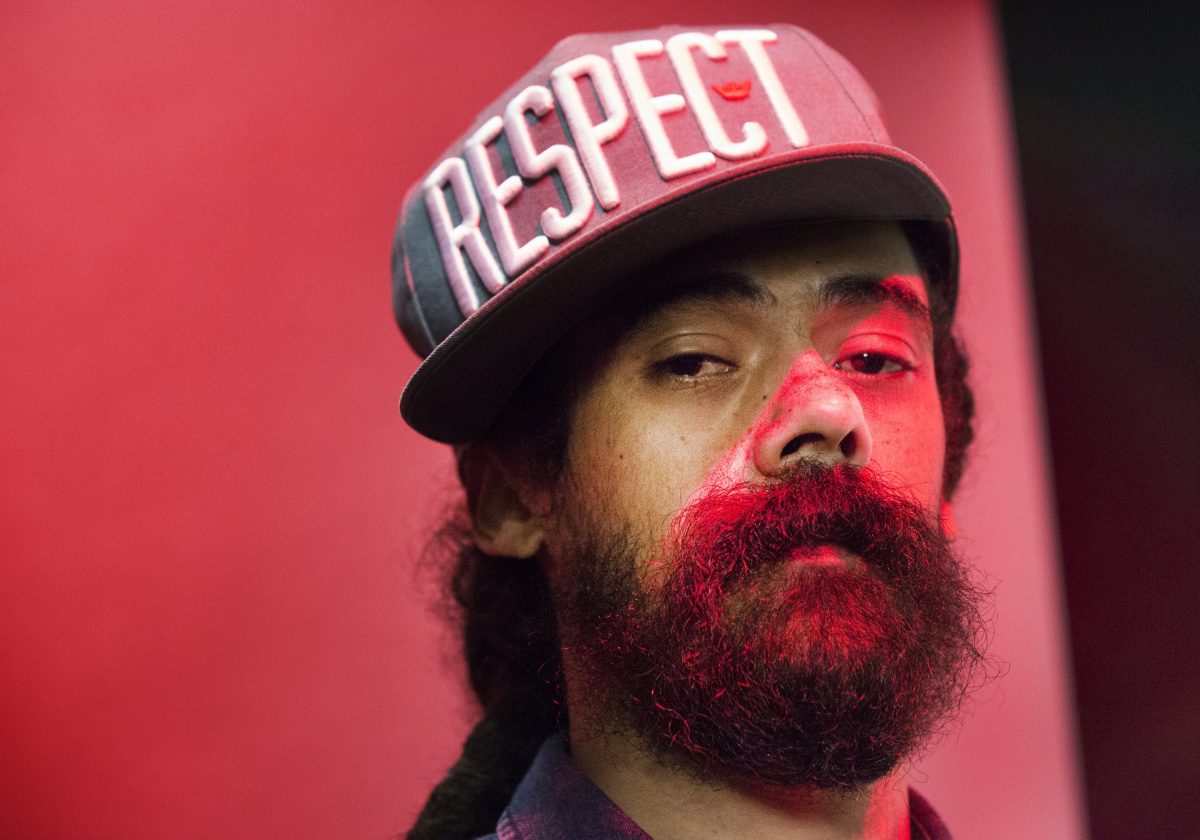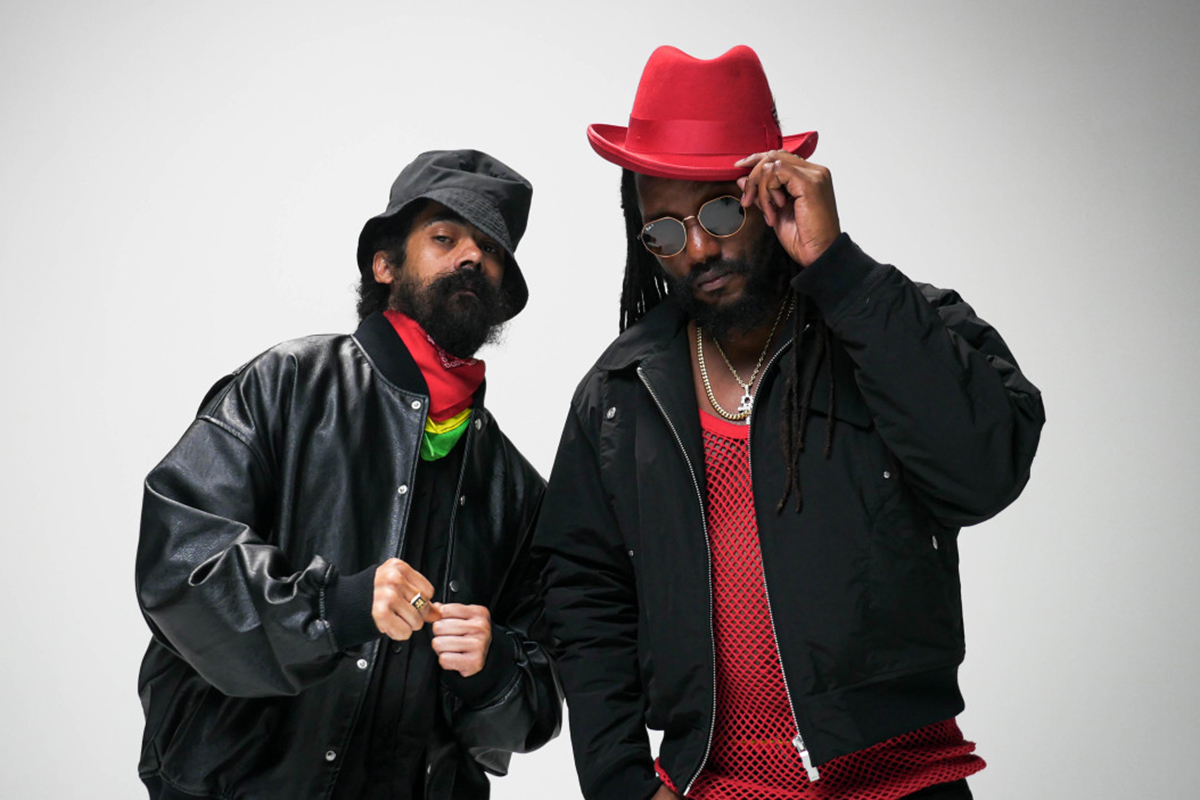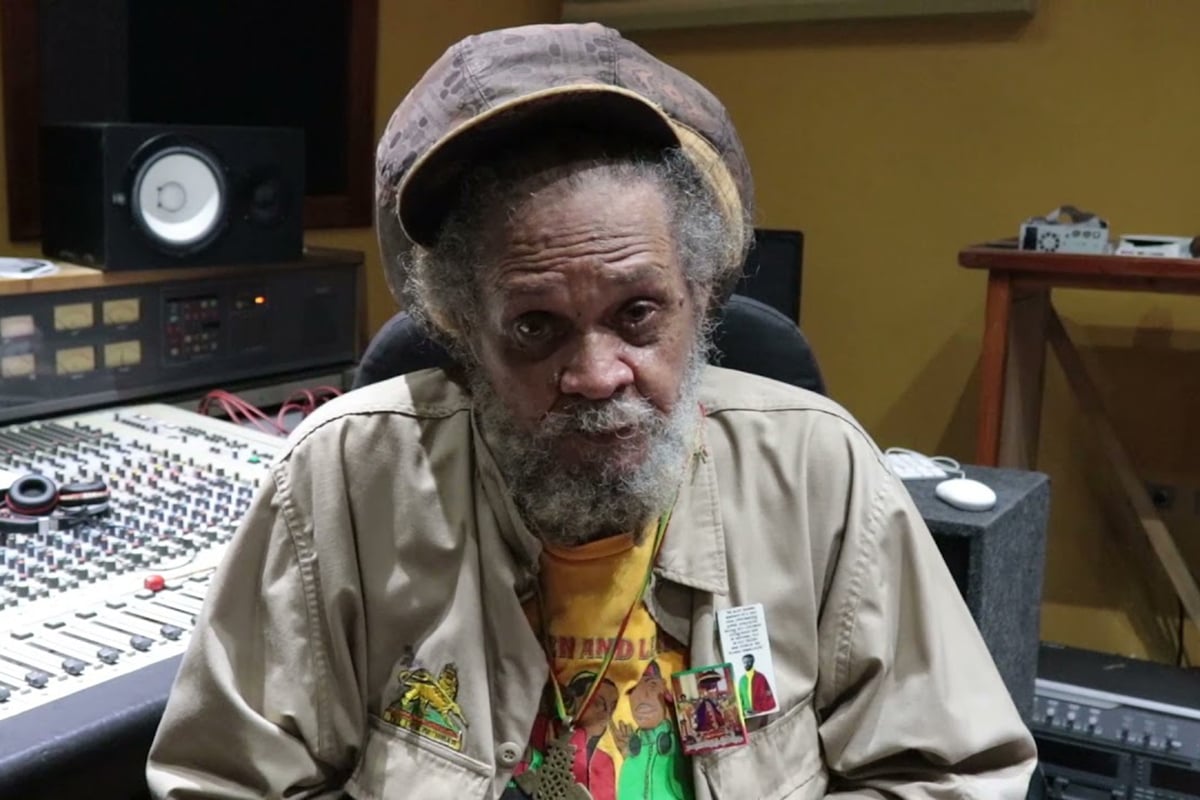Damian ‘Jr. Gong’ Marley On State Of Reggae: ‘New Sound Yet To Resonate On A Really Wide Scale’

Reggae and Dancehall superstar Damian “Junior Gong” Marley says the “new sound” which young Jamaican artists and producers are attempting to create appears to be struggling to arouse the interest of lovers of the island’s music.
In an interview with Barron’s Penta Magazine, the Halfway Tree artist, when asked how he felt about the current state of Reggae music, said that much experimentation is taking place at present, but emphasized that the original Reggae music format must be maintained.
“I think that the genre is in an innovation phase right now. You have a lot of young artists and producers who are trying new things. I don’t necessarily think that they have fully found themselves or a new sound that’s really going to resonate on a really wide-scale scale, but I think they’re experimenting,” he is quoted as saying.
“There needs to be a balance of us still giving a platform to the original cultural style of reggae music, the orthodox style,” the four-time Grammy Award winner added.
In November 2022, the International Federation of the Phonographic Industry (IFPI) released its Engaging with Music 2022 study, which showed that Reggae music was ranked 10th among the most favorite genres, out of more than 500 in the world, behind Pop, which sits at number one, followed by Rock, Hip-Hop/Rap, Dance/Electronic, Latin, Classical/Opera, R&B, Soundtracks, and Country.
When asked about his “hope for the future of Reggae,” Marley, 44, said that the genre would endure, as not only was music a natural part of the human experience, but because the messages of Reggae are positive and uplifting.
“People still need human connection, you know It’s still a very important part of our lives. Throughout the pandemic, we were trying to find what is the importance of music? Is it essential to people? Do people actually need music to survive? I want to think yes, I would hope so,” he explained.
“There’s a spiritual element, there’s an energetic element, there’s an intangible element. You know, I make a product that you can feel but you can’t touch. I just really hope that through music we can influence some positive vibrations. When it comes to that cultural, social aspect of reggae music, a big part of it for us is we’re trying to uplift underprivileged people. I hope the music continues to be known for that,” he added.

Marley’s recent work includes Kabaka Pyramid’s Grammy Award-winning album The Kalling, which he executive produced, and on which he also appeared on two tracks — Red Gold and Green , and the bonus track, Kontraband, Pt. 2 . In 2022, he also produced two songs off Bling Dawg’s debut album Elev8, namely YO!, which featured Christopher Martin, and Married To Music, which sampled Barrington Levy’s 1980s hit Prison Oval Rock .
As an artist, Damian also collaborated with Sean Paul on No Fear in 2022, and with Dominican-Italian singer Yendry on You in 2021.
Marley has three Grammy Awards for Best Reggae Album for his albums Halfway Tree (2001), Welcome To Jamrock (2005), and Stony Hill (2011). He also won a Grammy for Best Urban/Alternative Performance for the Gold-certified Welcome To Jamrock single.
Unlile Junior Gong’s diplomatic response, in July 2021, veteran Roots Reggae artist Fred Locks, in giving his take on the state of Dancehall and Reggae music, had said that he was not particularly pleased with the direction in which both genres were being taken, and that young Reggae artists had caused the genre to lose “the meaning it was designed for”.

The Black Star Liner artist had said that despite Reggae being the world’s biggest genre, much of the music had lost focus and as a consequence, the output from younger artists, was highly superficial. He also said that historically, as people “strayed from the truth” the music became watered down, and, as secularism was promoted as being “more marketable”.
The Reggae Revival Movement, led by Chronixx, Protoje and others, came in for a swipe from Locks, who contended that the genre had needed no revival as it was not dying.
“Suh Reggae music tek a dive. Not that it die, because some people come – mi like dem still – and seh dem come fi revive Reggae like Reggae did a suffer, or was dying, drowning or dem ting, that it need revive,” he stated at the time.
Fred Locks, whose given name is Stafford Elliot, also took issue with artists who have been blending Reggae with foreign genres in their bids to “cross-over.”
“But I guess it is because some of wi great artiste passed and di one dem weh seh dem a carry it on, dem water it down because dem seh dem haffi do cross-over fi get big market, you know. But we who stick to it show seh: ‘yow yuh caan get wi inna dah trap deh. Wi naw bow,’” he added back then.
“A man free, but I don’t think seh sendin di message dem through the regular nowadays music is so strong like when we inna our time was going through what we go through. Because Reggae music in our time was talking about the oppression of the people… but people stilla suffa. The fact of the matter is seh it lose its real meaning that it was designed for…”
Fred had also commented on the new phenomenon of people with no background in music, creating beats on computers and declaring themselves producers.
